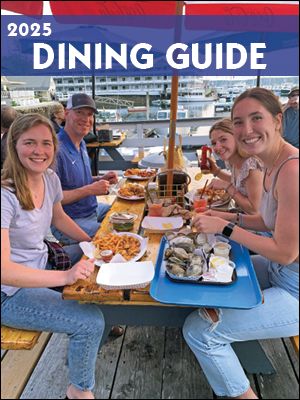Having a POLST form
Dear Editor:
As the wife and caregiver of an aging husband who wants to remain at home, I’ve come to understand how important it is to protect not just his health, but also his dignity and independence.
We’ve chosen to age in place, even knowing there are risks -- like falling or facing a medical emergency. But we believe those risks are worth it for the comfort of home and the life we’ve built together. This is what’s often called the “dignity of risk” -- the right to make informed choices, even if they involve some vulnerability.
Unfortunately, some caregiving agencies and professionals don’t always support that choice. I’ve experienced pushback from people more focused on safety than honoring our values. That’s why I want to share the importance of a tool called the POLST form -- Physician Orders for Life-Sustaining Treatment.
Unlike a Do Not Resuscitate order, the POLST is a medical order for people with serious illness or advanced frailty. It reflects thoughtful conversations with a doctor or nurse practitioner and outlines your wishes for medical treatment in the event of a serious health crisis. It can state, for example, that someone wants comfort-focused care instead of aggressive emergency interventions or hospital transfers.
Having a POLST form gives our family clarity and control. It helps caregivers, responders, and agencies understand what we want -- and gives them the confidence to follow through. It also helps protect me, as a spouse providing care, from having my decisions second-guessed in a stressful moment.
There are many tools that make aging at home more manageable -- motion-sensor lights, alert systems like Life Station, car-assist handles, walkers with brakes. These don’t remove risk entirely, but they make it safer and more possible for someone to remain at home, where they belong.
If you’re caring for a loved one or thinking about your own future, I encourage you to talk to your provider about the POLST form. In Maine, it’s available through your healthcare provider or the Maine Hospice Council at www.mainehospicecouncil.org.
Aging with dignity should include the right to remain at home -- even when there’s risk involved.
Alina Blakesley
Boothbay Harbor






















